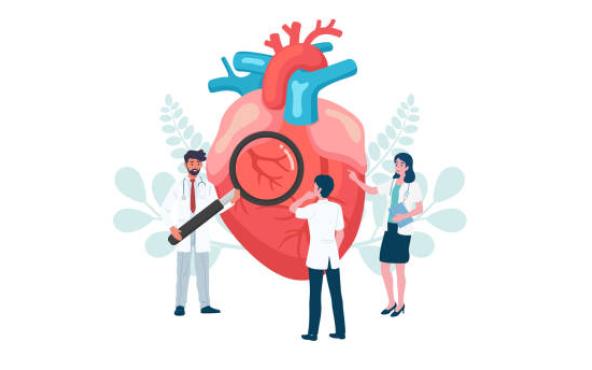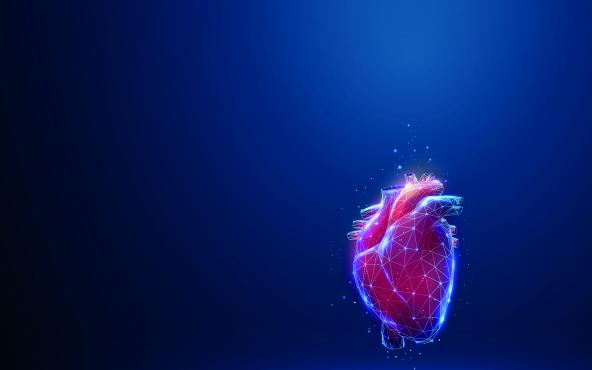We're hiring ! Join us and make a difference in our hospitals
Cardiology
Contact
Our role
Cardiology is the medical discipline dedicated to cardiovascular disease. We treat problems linked to the functioning of the heart and blood vessels. Our activities are diagnostic, therapeutic and preventive. In addition to patients who come to us directly, we are also a key interface for other departments and sectors within our hospital and hospital network. Our approach is multidisciplinary and includes a medico-surgical dimension in the interests of optimal care.
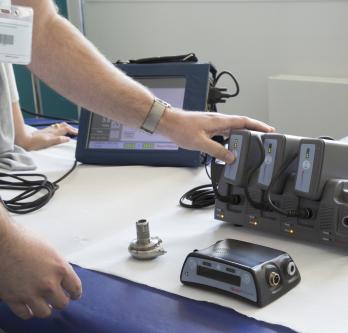
Our specialities
The Erasmus Hospital Cardiology Department includes a cardiovascular centre that provides outpatient care, a hospitalisation care unit (following cardiac surgery), an interventional cardiology unit (with 6 angiography wards, 3 dedicated to cardiology) and a cardiac intensive care unit. In addition to the outpatient and hospitalisation care, the department also provides a round-the-clock cardiology service.
The department spans 8 sectors of activity:
- The Interventional Cardiology Clinic treats coronary, valvular and structural disease in a high-tech environment.
- The Rhythmology Clinic is dedicated to the diagnosis and treatment of cardiac rhythm abnormalities (auricular fibrillation for example), including by invasive electrophysiological procedure. This clinic also monitors patients with implanted devices.
- The Echocardiography and Cardiac Assessment Laboratory is a central pivot in treating all persons with a heart problem or a disorder that could have an impact on cardiovascular health.
- Affection of the pulmonary circulation
- The Cardiac Insufficiency and Pulmonary Vascular Disease Clinic (see Focus) offers advanced care for patients, including monitoring of implanted devices to assist circulation and a transplant programme. This sector draws on recognised expertise through a network that is a European reference.
- Our expertise in cardiovascular genetics and rare cardiac diseases serves to detect the genetic components and family risk of cardiac and/or vascular disease.
- The Cardiovascular Prevention and Rehabilitation Clinic proposes primary and secondary cardiovascular prevention programmes (for persons with personal antecedents), through multidisciplinary care programmes.
- Transplantation and cardiac assistance
- The Cardio-Oncology Pole works with oncologists from the Jules Bordet Institute to anticipate, limit and manage the cardiotoxicity potential of certain anticancer drugs.
- Paediatric cardiology is provided in association with HUDERF cardiologists, in particular when young patients become adults. This ensures a structured transition within the HUB for congenital cardiac pathologies.
Our Team
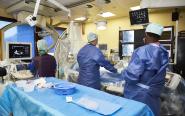
Our medical specialists


Focus
The Erasmus Hospital Cardiology Department possesses internationally recognised expertise in treating pulmonary arterial hypertension (PAH). This rare disease first develops in the blood vessels of the lung and leads to cardiac insufficiency. Early and sufficient treatment makes it possible to increase life expectancy. The department offers access to innovative treatment (medical, surgical and interventional) as well as expertise in the field of genetics.
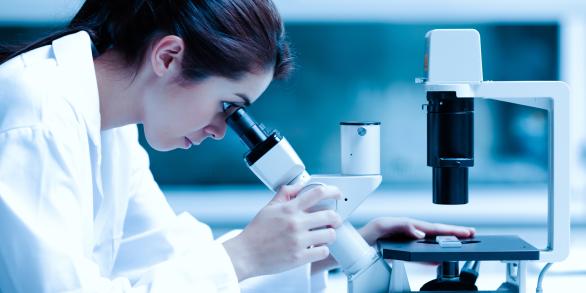
Research
The Erasmus Hospital Cardiology Department is very active in fundamental and clinical research. Its participation in many clinical studies gives patients early access to innovative treatment.
In cooperation with the Cardiology Laboratory, the Cardiopulmonary Physiology Laboratory, the ULB Genetics Laboratory and the IRIBHM, the Cardiology Department is involved in a number of research projects at Belgian and/or European level with publications in the fields of rhythmology, cardiac insufficiency, PAH, cardiovascular prevention and cardiogenetics.
The department is also contributing to the development of a new method of studying cardiac movement (known as ballistocardiography), in cooperation with engineers at the ULB. Projects are also underway on the potential contribution of artificial intelligence in cardiology.
Publications
ESC/ERS Scientific Document Group. Guidelines for the diagnosis and treatment of pulmonary hypertension
- Authors : Humbert M, Kovacs G, Hoeper MM, Badagliacca R, Berger RMF, Brida M, Carlsen J, Coats AJS, Escribano-Subias P, Ferrari P, Ferreira DS, Ghofrani HA, Giannakoulas G, Kiely DG, Mayer E, Meszaros G, Nagavci B, Olsson KM, Pepke-Zaba J, Quint JK, Rådegran G, Simonneau G, Sitbon O, Tonia T, Toshner M, Vachiery JL, Vonk Noordegraaf A, Delcroix M, Rosenkranz S;
- Journal : . 2022 ESC/ERS. Eur Heart J. 2022 Oct 11;43(38):3618-3731. doi: 10.1093/eurheartj/ehac237. Erratum in: Eur Heart J. 2023 Apr 17;44(15):1312. PMID: 36017548.
Non-invasive cardiac kinetic energy distribution: a new marker of heart failure with impaired ejection fraction (KINO-HF).
- Authors : De Keyzer E, Hossein A, Rabineau J, Morissens M, Almorad A, van de Borne P.
- Journal : Front Cardiovasc Med. 2023 May 2;10:1096859. doi: 10.3389/fcvm.2023.1096859. PMID: 37200972; PMCID: PMC10185762.
ESC Working Group on e-Cardiology Position Paper: accuracy and reliability of electrocardiogram monitoring in the detection of atrial fibrillation in cryptogenic stroke patients
In collaboration with the Council on Stroke, the European Heart Rhythm Association, and the Digital Health Committee.
- Authors : Dilaveris PE, Antoniou CK, Caiani EG, Casado-Arroyo R, Climent AΜ, Cluitmans M, Cowie MR, Doehner W, Guerra F, Jensen MT, Kalarus Z, Locati ET, Platonov P, Simova I, Schnabel RB, Schuuring M, Tsivgoulis G, Lumens J.
- Journal : Eur Heart J Digit Health. 2022 Jun 8;3(3):341-358. doi: 10.1093/ehjdh/ztac026. Erratum in: Eur Heart J Digit Health. 2023 Mar 06;4(2):138. PMID: 36712155; PMCID: PMC9707962.
A. Pediatric pulmonary arterial hypertension due to a novel homozygous GDF2 missense variant affecting BMP9 processing and activity.
- Authors : Chomette L, Hupkens E, Romitti M, Dewachter L, Vachiéry JL, Bailly S, Costagliola S, Smits G, Tillet E, Bondue A.
- Journal : Am J Med Genet A. 2023 Aug;191(8):2064-2073. doi: 10.1002/ajmg.a.63236. Epub 2023 May 30. PMID: 37249087.
